
It’s a Bear Market (Literally)


Welcome to Friday, futurists.
Based on a survey of 4,000+ US consumers, Deloitte predicted that 25% of holiday shopping would be completed by the end of October. That leaves a hefty pool of opportunity for merchants, especially as we inch closer to Black Friday.
We sat down with Brian McCarthy, Deloitte’s Principal and Retail Strategy Leader, to dig into data that’s shaping the holiday discourse. Plus, he shared some last-minute tips, tricks, and tactics you can still employ for BFCM.
Future Commerce Plus members get exclusive access to this brief, which reveals how you can:
- Design for AI agents and bots
- Execute ad campaigns tailored to price sensitivity
- Roll out unique holiday service experiences in physical spaces
Start crossing off your BFCM to-do lists.
— Phillip

‘Tis the (Earnings) Season. This past week brought a slew of earnings results, with many brands showing signs that consumers are still eager to shop.
🛍️Shopify: While Amazon sends cease-and-desist letters to Perplexity (more on that below), Shopify posted 26% revenue growth by doing the opposite. The platform's ChatGPT partnership and AI-first commerce strategy prove the open web bet wins when you actually welcome (or succumb to?) the bots. A 32% opex surge and a lower Q4 revenue guidance sent the stock lower after hours.
💄 e.l.f. Beauty: The company saw another net sales increase (14%) for Q2 2026, marking its 27th consecutive quarter of growth. However, gross margin decreased 165 basis points to 69%, largely driven by higher tariff costs, but partially offset by benefits from pricing and mix.
👔 Ralph Lauren: The brand’s Q2 2026 revenue increased 17% year over year, with its global DTC comparable store sales growing 13%. Ralph Lauren has seen an uptick in relevance, with “Ralph Lauren Christmas” now trending.
👜 Tapestry: Total revenue increased 13.1% year over year in its Q1, with Coach carrying the business (+22.1%) for Kate Spade (-8.1%). Coach has also acquired 2.2M new customers since last year, 35% of whom are Gen Z.
👓 Warby Parker: The company’s Co-founder and Co-CEO, Neil Blumenthal, noted that Q3 2025 was a “strong quarter” for the brand as it prepares to step into its “next act.” Net revenue increased 15.2% year over year, and the brand’s total number of active customers increased 9.3%, with revenue per customer reaching $320.
👟 Allbirds: Woof. Sure, net losses have reduced a smidge (from $21.2M last year to $20.3M this most recent quarter), but the brand is still struggling to keep flight. Total sales for Q3 fell 23.3% year over year, and both US sales (-20.1%) and international sales (-32.4%) tumbled substantially. CEO Joe Vernachio emphasized that the team is “focused on accelerating progress” under its turnaround plans, but is it too late to correct course?
🧸 Funko: The company reported that net sales were in line with expectations, while gross margin, net income, and adjusted EBITDA were higher than anticipated. Although net sales were $250.9M in Q3 2025 versus $292.8M in 2024, the company anticipates a surge in consumer activity, especially with the holiday season ramping up and a new KPop Demon Hunter collection on shelves. Mattel saw a larger decline (6%) in net sales and net income.
🥗 Sweetgreen: Total Q3 2025 revenue decreased slightly by 0.6% compared with the same period in 2024, primarily due to a decrease in comparable restaurant base revenue. Same-store sales fell 9.5%, while operating losses grew from $21.2M in Q3 2024 to $36.3M this year.

Shein, Starring in Les Misérables. It has been a long week for Shein. The fast-fashion behemoth has agreed to suspend marketplace operations in France after the government announced plans to suspend access to the Shein website. This move came after French authorities claimed the retailer sold sex dolls, some of which resembled children, on its eCommerce site. Shein went on to remove sex dolls entirely from the site, and brand representatives said they would fully cooperate with judicial authorities. The scary saga took place just as Shein opened its first Parisian store amid fierce criticism and protests.

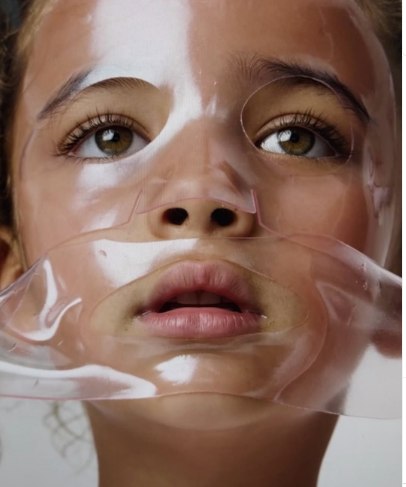
Save the Sephora Kids. Shay Mitchell has launched rini, a new kids’ skincare brand (yep, you read that right), that is already sparking a media revolt.
On the surface (aka social media posts), Mitchell started the kids’ skincare brand with good intentions. She was inspired by her daughters, who want to do “what mommy does” with her face masks. Any parent understands how kids’ inherent curiosity can lead them to analyze and parrot their parents’ behaviors. But in reality, this is unlocking a whole new level of commoditization of kids, feeding the insidiousness bubbling beneath the glossy surface of the Sephora Kids era.
As Jessica Defino noted, “no child needs a face mask.” Not only does it bring the ridiculous beauty standards of social media to an even younger demographic, but it also risks damaging young kids’ very delicate skin and associated immune functions. We have frequently covered the impact of Gen Alpha, including the fact that kids 8 to 14 spend $101 billion annually. But the physical, emotional, and psychological difference between 8-year-olds and 3-year-olds is seismic, and introducing such young kids to a recurring cosmetic procedure makes us wonder: Who would this product really be for, the kid or the parent? After all, children have a resounding influence on household purchases, but at the end of the day, parents hold the power over their kids.
We explore how kids are being trained to be “good little consumers” extensively in our latest Journal, LORE.

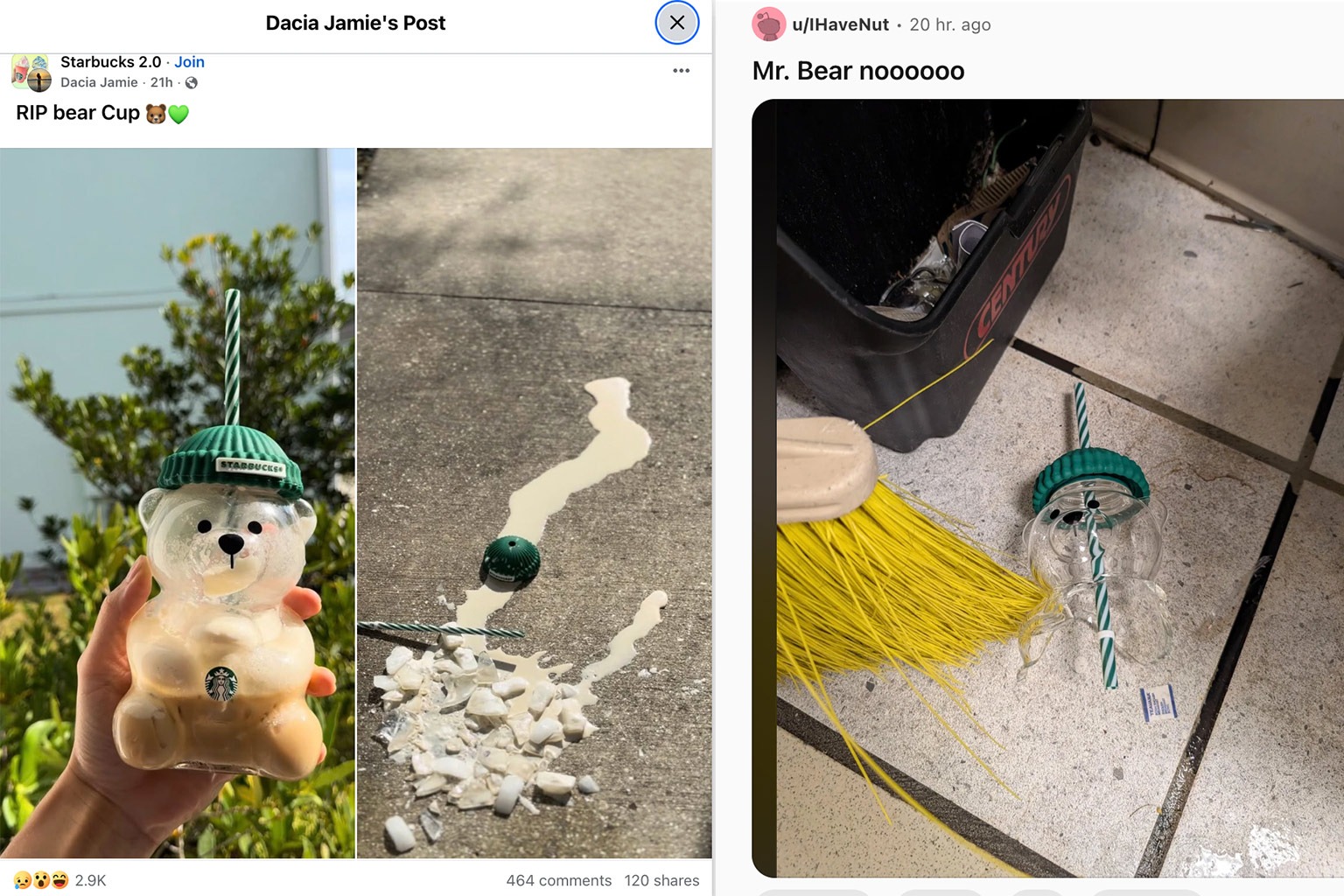
A Labubu You Can Drink From. Everyone is losing their minds over teddy-bear-shaped cups. Sure, some consumers are standing firm in their boycotts, but that didn’t stop hordes of consumers from lining up at their local Starbucks cafes to get their hands on the Bearista cold cup, some as early as 9 p.m. the night before launch.
Following its Nov. 6 release, the cup sold out nearly instantly, drawing criticism from consumers and the media, especially since some locations had as few as two cups. But the real magic happened on social media as the Bearistas inspired a slew of memes and multiplayer participation. Some savvy consumers have already found a dupe of the cup on Amazon and are eagerly embracing its imperfections, wonky eyes included.
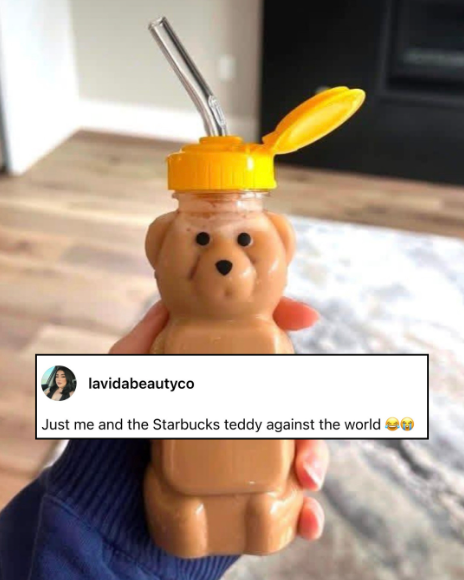

Comet Gets Snuffed. Amazon has sent a cease-and-desist letter to Perplexity, accusing the company of using its Comet browser agent to make purchases on the marketplace without proper authorization. Amazon has a ban on robots and similar data-gathering tools from scraping its site, yet Perplexity has reportedly launched a version of Comet that has bypassed security measures.
Perplexity’s response to the letter? “Bullying is not innovation.”
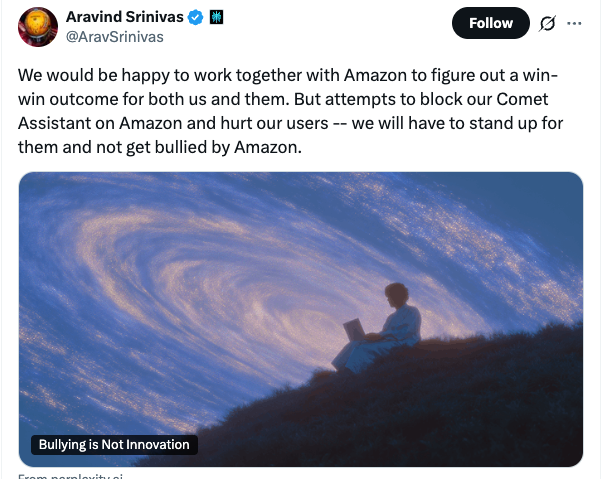
We have warned of how designing separate experiences for bots and humans can be detrimental to both brands and consumers. But what are the implications of companies completely barring bots from entering their four walls?
Granted, Amazon is a public company and has every right to establish clear “rules of engagement” for current and potential partners. There needs to be an air of transparency and collaboration for both parties to create the experience shoppers demand. Amazon noted that it decided to send its letter “in light of the significantly degraded shopping and customer service experience [Comet] provides.” New innovations from Perplexity’s Comet and ChatGPT’s Atlas are exciting, and these agents shopping on are behalf will likely never be dumber than they are now. But “move fast and break things” doesn’t quite work as a mantra when you try to rage against the Amazon machine.
This isn’t the first time Perplexity has pushed back on its tech peers in a quest to “stand up for its users.” The company has pulled no punches against Reddit, which similarly claimed that Perplexity unlawfully accessed Reddit to use posts and comments to fuel its models.










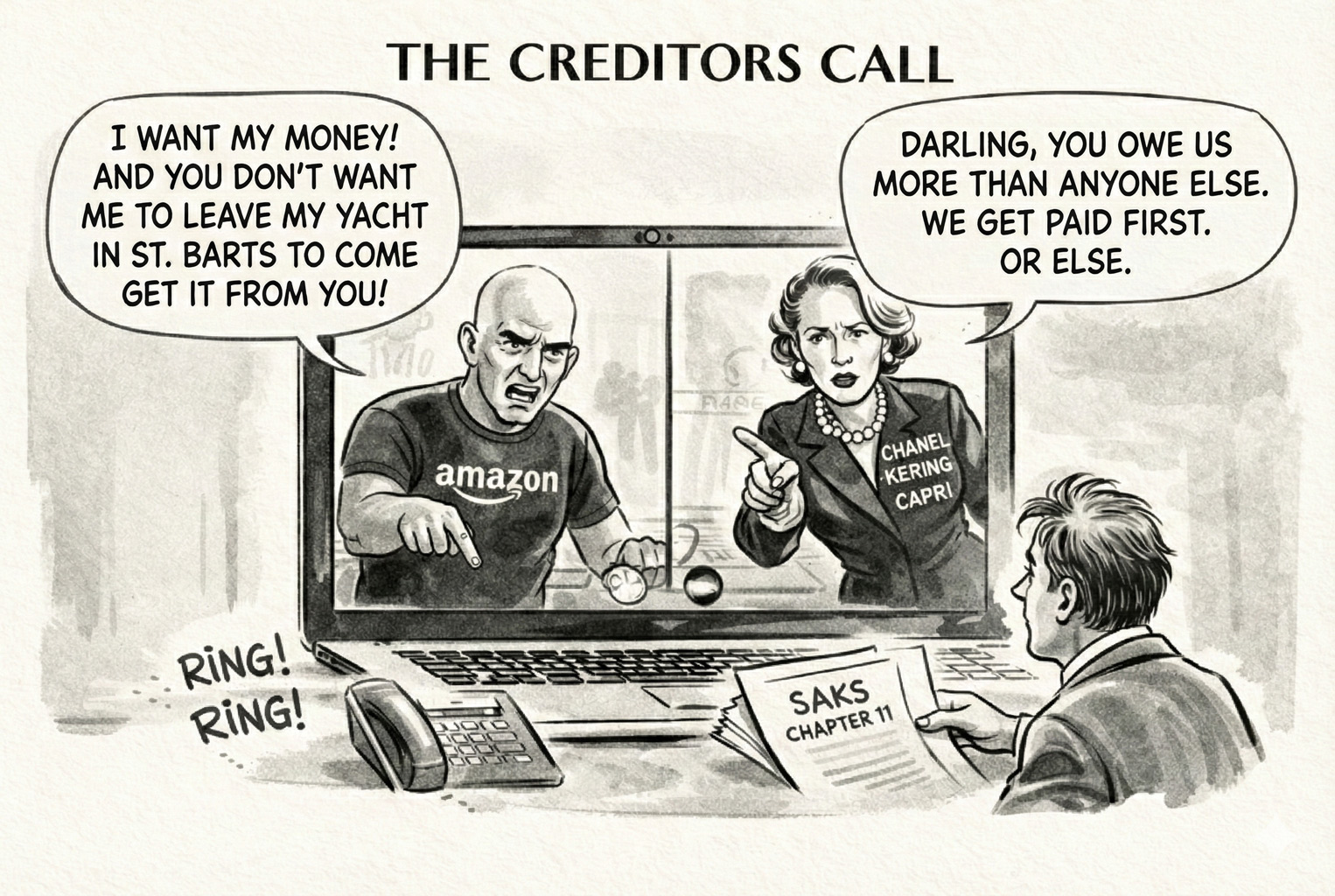
.svg)
